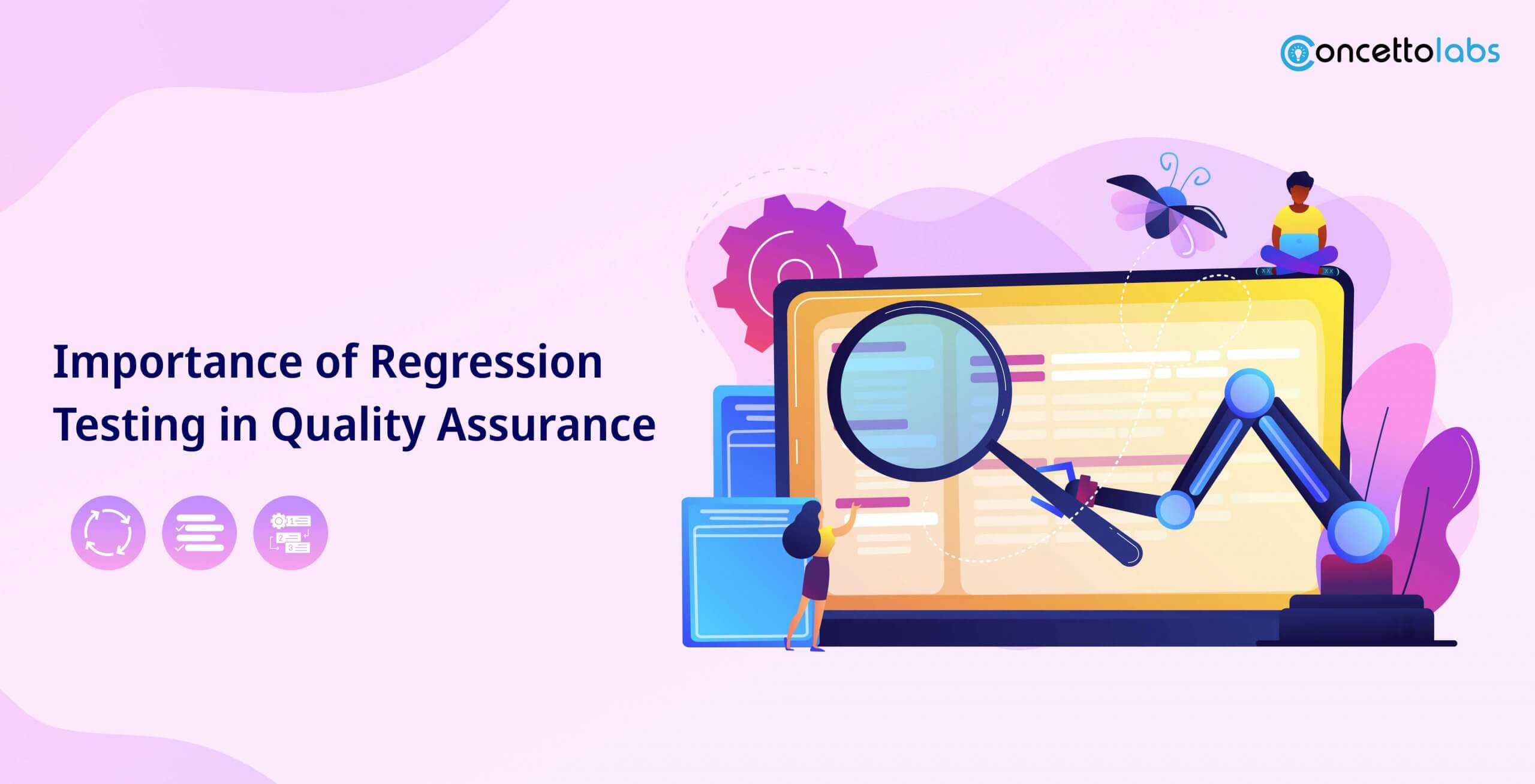
Any successful company needs quality assurance, especially those that provide direct customer service. In this blog article, we’ll discuss the value of on-demand QA for B2C businesses and how it can assist guarantee both product quality and customer pleasure. Learn more about the advantages of on-demand QA and what it has to offer to companies trying to beat the competition!
What is B2C marketing?
B2C (business-to-consumer) marketing refers to the strategies, tactics, and techniques used by a company to promote its products or services to individual consumers. This type of marketing is typically focused on building brand awareness, increasing sales, and fostering customer loyalty. Examples of B2C marketing include television and print advertising, online and social media marketing, email marketing and in-store promotions.
What is On-Demand QA?
Many benefits come along with on-demand QA best practices services, but what exactly is on-demand QA? On-demand QA is a type of quality assurance service that is provided as needed, typically on an as-needed or project basis. This means that rather than having a full-time quality assurance staff in place, you just pay for the services as required. For start-ups, small businesses or organisations with restricted financial resources, this can be a fantastic choice.
Benefits of On-Demand QA for B2C Companies

1. Improved customer satisfaction: By conducting regular on-demand QA testing, B2C companies can identify and address any issues that may be causing customer dissatisfaction. This can help improve customer satisfaction and loyalty, leading to repeat business and positive word-of-mouth recommendations.
2. Increased sales: Customers are more inclined to make subsequent purchases from a business when they are happy with the goods or services they received. By ensuring that goods and services are of a high calibre, on-demand QA can contribute to higher sales.
3. Reduced costs: By identifying and addressing issues early on, on-demand QA can help prevent costly recalls or product returns.
4. Increased efficiency: On-demand QA can help identify bottlenecks or inefficiencies in a company’s operations. By addressing these issues, a company can become more efficient and productive.
5. Increased brand reputation: Customers are more likely to have a favorable opinion of a business when they are satisfied with its goods or services. On-demand QA can enhance a company’s reputation and brand image by ensuring products and services are of high quality.
6. Stay competitive: Every B2C company faces intense competition and needs to stay ahead of the game. By guaranteeing that goods and services are of exceptional quality, on-demand QA can help businesses stand out from their competition.
7. Enhance Product Quality: On-demand QA helps to identify issues or defects in the product, which can then be fixed before the product is released to the market.
8. A better understanding of customer needs: By conducting on-demand QA testing, B2C companies can gain a better understanding of what customers want and need. This can help a company tailor its goods and services as per consumers preferences.
Maximize your B2C success with on-demand QA
Contact Us For More InformationHow to Implement On-Demand QA in B2C Companies?

These are the following steps for On-Demand QA implementation:
1. Determining the need for on-demand QA: The companies need to decide whether or not on-demand QA is needed or not as per their companies needs and requirements. This can be accomplished by taking into consideration elements including the company’s budget, schedule, and scope of work.
2. Locating a trustworthy service: After deciding to move forward with on-demand QA, the next step is to locate a trustworthy source. You can do this by searching online or asking friends or co-workers for recommendations.
3. Developing a test plan: After choosing a supplier, a test plan must be developed. This should contain information about the goals, schedule, and kinds of tests that will be administered.
4. Conducting the tests: The final step is to conduct the actual tests. This involves working with the provider to execute the test plan and report any issues that are found.
Best Practices For On-Demand QA in B2C Companies
When implementing on-demand QA, B2C businesses should maintain the following best practises:
1. Define your goals and objectives: What do you want to achieve with on-demand QA? Would you like to improve the standard of your goods or services? Or do you need to concentrate on certain areas in particular? Having a clear understanding of your goals will help you choose the right on-demand QA provider.
2. Consider your audience: The audience is the ones who will be using your products. Determining your customer is very essential. What are their needs and expectations? When you know your audience, you can choose an on-demand QA provider that specializes in testing for that particular group.
3. Make sure your team is involved: For on-demand QA to be successful, it’s important to involve your entire team in the process. This includes developers, designers, and products.
Challenges with Implementing On-Demand QA
Many challenges come with implementing on-demand QA for BC companies.
1. Finding the right provider: Choose a service provider who can meet your particular demands and has a strong reputation by conducting research.
2. Getting buy-in from your team: On-demand QA can require a significant financial outlay, therefore it’s crucial to ensure that everyone on your team supports the choice. Make sure that everyone is instructed on how to use the new system after you have the team’s support.
3. Making sure that you have the right processes in place: On-demand QA can be an excellent tool, but its efficacy depends on the processes you establish around it. Take the effort to create basic and obvious protocols to make sure that everyone is informed of their responsibilities and obligations.
If you’re facing challenges with implementing on-demand QA, don’t despair! When properly planned and carried out, these difficulties can be overcome. By taking the time to find the right provider, get buy-in from your team, and create clear processes, you can ensure your on-demand QA implementation.
Case Studies of Successful Implementations of On-Demand QA in B2C Companies
There are many examples of successful on-demand QA implementations in B2C companies.
1. Amazon – It has a dedicated QA team that is responsible for ensuring the quality of its website and mobile apps. This team tests the website’s functionality and looks for bugs or other problems using a variety of tools and methods. They also use on-demand QA services to supplement their internal testing efforts.
2. Ride-sharing industry – Companies like Uber and Lyft rely heavily on their mobile apps to connect drivers and riders. Both Uber and Lyft use on-demand QA services to supplement their internal testing efforts.
3. The gaming industry – Companies like Supercell and EA have implemented on-demand QA to test their games on multiple platforms and devices. This enables them to swiftly locate and resolve any problems, guaranteeing that their users have a smooth experience with their software.
4. software development industry – Companies like Microsoft and Oracle have implemented on-demand QA to test their software products on multiple platforms and devices.
Conclusion
B2C enterprises must use on-demand QA testing to ensure their success. Before a consumer receives a product or service, it enables firms to find and solve any potential flaws, saving both time and money. Also, giving them a high-quality product that lives up to their expectations, might aid in establishing trust with them. On-demand QA should be a component of your B2C company’s business plan due to its many benefits! With its many advantages, on-demand QA should be part of your B2C company’s strategy for success. Hire QA analysts today!







 Indonesia
Indonesia
 Botswana
Botswana
 USA
USA
 Italy
Italy
 Panama
Panama




 USA
USA UK
UK Saudi Arabia
Saudi Arabia Norway
Norway India
India Australia
Australia